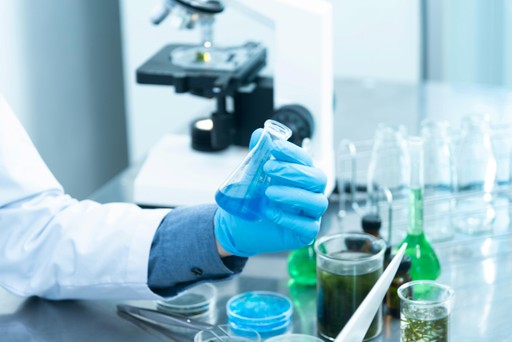May 30, 2025
What Is Biologic Age—and Why Should You Care?
When we talk about age, we’re usually referring to the number of birthdays we’ve had. But what if your body tells a different story?
Your biologic age is a measure of how your cells, tissues, and organs are aging—independent of the number on your driver’s license. And in many cases, it’s a more accurate predictor of health, vitality, and longevity.
Why Biologic Age Matters
Two people can both be 50 years old chronologically—but one might have the heart health, mobility, and metabolism of someone much younger, while the other shows early signs of chronic disease. Biologic age helps us understand that difference.
It’s not just about living longer—it’s about living better for longer.
What Impacts Biologic Age?
Your biologic age is influenced by a wide range of factors:
Inflammation levels
Sleep quality
Nutrition and gut health
Hormone balance
Physical activity
Exposure to toxins and stress
The good news? Unlike your birthday, biologic age can be improved.
How We Measure and Use It
In my concierge practice, I offer biologic age testing as part of our Premium Plan. The process uses advanced lab biomarkers and AI-driven analysis to assess how your body is really aging.
Once we know where you stand, we build a personalized plan to optimize your health. This might include dietary changes, supplements, hormone therapy, fitness coaching, and more—backed by data and tailored to you.
Take Control of the Clock
Biologic age is one of the most powerful tools in modern preventive medicine. It helps us move from reaction to proactive health strategy—with measurable results.
If you’re ready to understand your body on a deeper level, let’s talk.
— Dr. Perry




